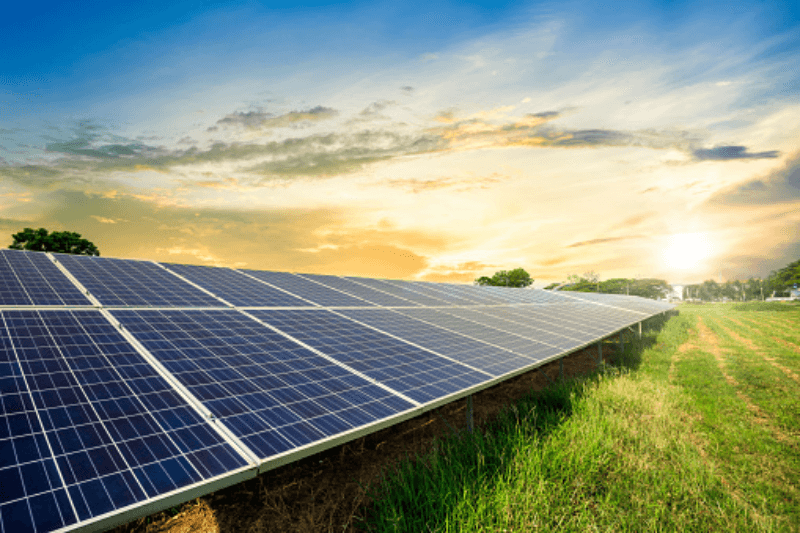
powering-pakistans-green-future-government-affirms-renewable-energy-commitment-dismisses-solar-tax-rumours
Nature is very important for us as it provides all necessary things for our living, and thus preserving nature is our foremost duty. Green future refers to preserving resources by reducing the negative impacts that we have on nature. It is important to take various measures to preserve our nature. The government of every country plays a very crucial role in encouraging the citizens of the country to take various measures to preserve nature. The government of Pakistan affirms renewable energy commitment and also denies speculations regarding dismissal of solar tax rumours.
Government Reaffirms Renewable Energy Commitment
Ali Pervaiz Malik, the Minister of State for Power, has highlighted the dedication of the government to renewable energy projects. The minister also denied any plans of the government to impose taxes or duties on solar panels. The Minister also stated that the Prime Minister of Pakistan, Shehbaz Sharif, is dedicated to renewable energy projects. The focus of the Green Pakistan initiative is on environmental and agricultural improvements. This initiative also supports the production of power through sustainable energy practices and infrastructure development.
Dismissal of Solar Panel Tax Reports
On Wednesday, in a video message, the minister of state for power, Ali Parvaiz Malik, clearly dismissed any plans of the government to impose duties or taxes on solar panels. The minister gave his statement after the media reported that the government in Islamabad is considering changing net metering regulations to impose new tariffs on the purchase and sale of solar energy produced by users. The media reports also speculated that the government was planning to impose a fixed amount of tax on those people who have installed solar panels. The minister in his message said, “PM Shehbaz Sharif is dedicated to renewable energy projects. So far, there has been no decision made related to the imposition of any kind of tax on solar panels.” The minister also stated that any policy changes would only be done through consultations, keeping in mind the initiative of Green Pakistan of prime minister Shehbaz Sharif.
Aligning with Environmental Sustainability and encouraging Renewable Energy Adoption
Renewable energy adoption is a process of shifting from energy sources that can replenish naturally, like hydropower, wind, and solar energy. It is a process of using clean and sustainable sources instead of using fossil fuels like oil and coal.
The aim of Pakistan is to generate 60% of the energy from clean and renewable energy sources by 2030. This step is part of a broader strategy to shift towards sustainable energy, which comprises a major push for wind and solar power development. Also, Pakistan is planning to use electricity for running its vehicles by 2030, aligning with the reduction of reliance on fossil fuels and global environmental goals.
Driving Economic and Social Benefits
Encouraging renewable energy adoption leads to various social and economic benefits for the country. Social benefits include improvement of health, various opportunities for work, advancements in technology, and a better standard of living. The economic benefits of renewable energy adoption are good for the country as they give employment opportunities for people in rural areas. Involve local people as the shareholders and also collaborate with local banks. These projects help the communities establish a fund to invest the money that is made by selling electricity in the local economy.



